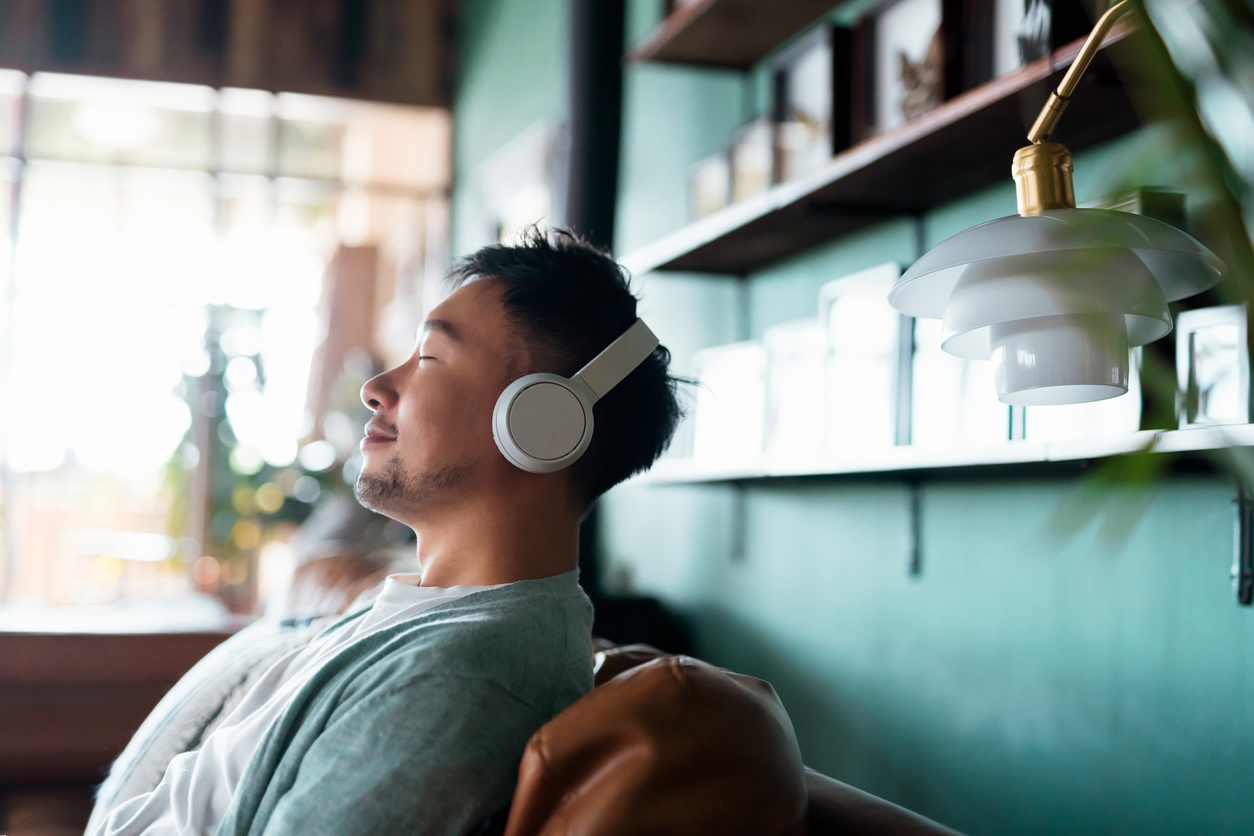When anxiety hits, it can seem like an eternity until your symptoms subside. Many times you aren’t sure why you are experiencing anxiety, and your brain won’t let you think of positive ways to alleviate your symptoms. You feel like you must wait it out. Fortunately, coping skills for adults with anxiety can help.
Currently, your thoughts and behaviors may lead you to react to stressful situations negatively. Learning coping skills for adults with anxiety means changing your thoughts and behaviors so that you respond rationally and appropriately.
If your goal is to cope with anxiety, keep reading to learn how to develop skills to help you succeed.
Understand The Need for Coping Skills for Adults with Anxiety
Knowledge can be powerful when fighting anxiety. Sometimes anxiety occurs due to fear of the unknown. If you know why you get anxious, you will find it easier to overcome.
Anxiety is an emotion that triggers physical symptoms like high blood pressure, rapid heart rate, sweating, and shallow breathing. It also causes intrusive and irrational thoughts. There are many different reasons a person experiences anxiety. For some, the body’s fight or flight response misfires, telling you to feel fear when there is no reason.
Other causes of anxiety include the following:
- Being reminded of a traumatic experience
- Misusing alcohol or drugs
- Being in specific social settings
- Underlying medical conditions
- Having chemical or hormonal imbalances
People respond to stressful situations with coping strategies, which can be negative or positive. Problem-focused coping focuses on trying to change or eliminate the problem. An extreme example of a negative coping strategy is when someone has conflicts with a coworker, they quit their job rather than find ways to resolve the issues.
Emotion-focused coping involves dealing with the emotions surrounding the stressor rather than dealing with the stressor itself. In another example of a negative coping strategy, you argue with your coworker, and instead of confronting the problem, you withdraw and isolate yourself until you feel calm.
Learning coping skills for adults with anxiety helps you implement healthy versions of problem and emotion-focused coping.
Psychotherapy for Coping Skills
Working with a therapist gives you hands-on learning opportunities and practice to ensure you utilize coping skills correctly.
Mental health professionals research coping skills that have been tested and proven to help people overcome anxiety. Psychotherapy is based on the relationship between you and your therapist. You and your therapist work together to learn the root cause of your anxiety and develop individualized coping skills that work for you.
Therapists are one member of your mental health team. Psychiatrists can prescribe anxiety treatments, including medications or ketamine infusions. Medical doctors can monitor health conditions that may cause anxiety. You can even include your loved ones in family therapy so they can better understand coping skills for anxiety.
Fill Your Coping Skills Toolbox
There are hundreds of coping skills to help you deal with anxiety, but you don’t have to know them all to experience relief. Having a handful of go-to skills that work is better than having an arsenal of techniques that aren’t as effective.
Because anxiety induces physical and emotional symptoms, you need physical and emotional coping skills. Examples of physical coping skills for anxiety include the following:
- Deep breathing
- Counting to ten
- Yoga
- Exercise
- Meditation or prayer
- Music or art therapy
- Talk to a therapist, friend, or other support
- Take a walk
Examples of emotional coping skills for anxiety include the following:
- Journaling
- Thought exercises
- Distracting your mind by reading or watching a funny tv show
- Meditation or prayer
- Replacing negative thoughts with positive ones
- Practicing gratitude or acts of kindness
- Sharing your thoughts with a therapist or friend
You don’t have to wait until you feel anxious to implement these techniques. Start self-care activities today to reduce the number of anxiety episodes.
Frequently Asked Questions
It’s normal to have questions about coping skills for adults with anxiety. Answers should come from a qualified professional. Here are some of the most frequently asked questions at The Mental Health Center.
Will I Have Anxiety Forever?
Anxiety is a very treatable disorder. Whether you struggle with phobias, panic attacks, or generalized anxiety, you can learn appropriate skills to reduce or prevent anxiety from interfering with your life. Gaining coping skills that help you recognize the signs of anxiety early can stop the symptoms from causing interference in your life.
Why Do I Have Anxiety?
Every person develops anxiety for different reasons. The genes one inherits from their parents account for half of the anxiety disorders people develop. Risk factors can also make it more likely that someone will experience anxiety. Examples of risk factors include surviving a traumatic event, alcohol and drug use, living in an unhealthy environment, and medical conditions, especially cardiovascular.
The good news is that you can replace risk factors with protective factors by seeking help from therapists and doctors and making lifestyle changes.
Can I Have Anxiety and Depression?
Yes, anxiety and depression often co-occur. The National Alliance on Mental Illness reports 60% of those with anxiety will also have symptoms of depression. Your mental health treatment team can help you with both issues simultaneously.
You do not have to deal with anxiety alone. You can succeed more when working with professionals at a local treatment facility like Mental Health Center located at the Cedars-Sinai East Tower. You can get the support you need by contacting our staff today.
Conclusion
Anxiety can make it challenging to live the life you desire. It interferes with work, family, academic, and social responsibilities. Fortunately, you can overcome anxiety by learning the skills necessary for coping. Call Mental Health Center located at the Cedars-Sinai East Tower to learn how to overcome anxiety symptoms.

